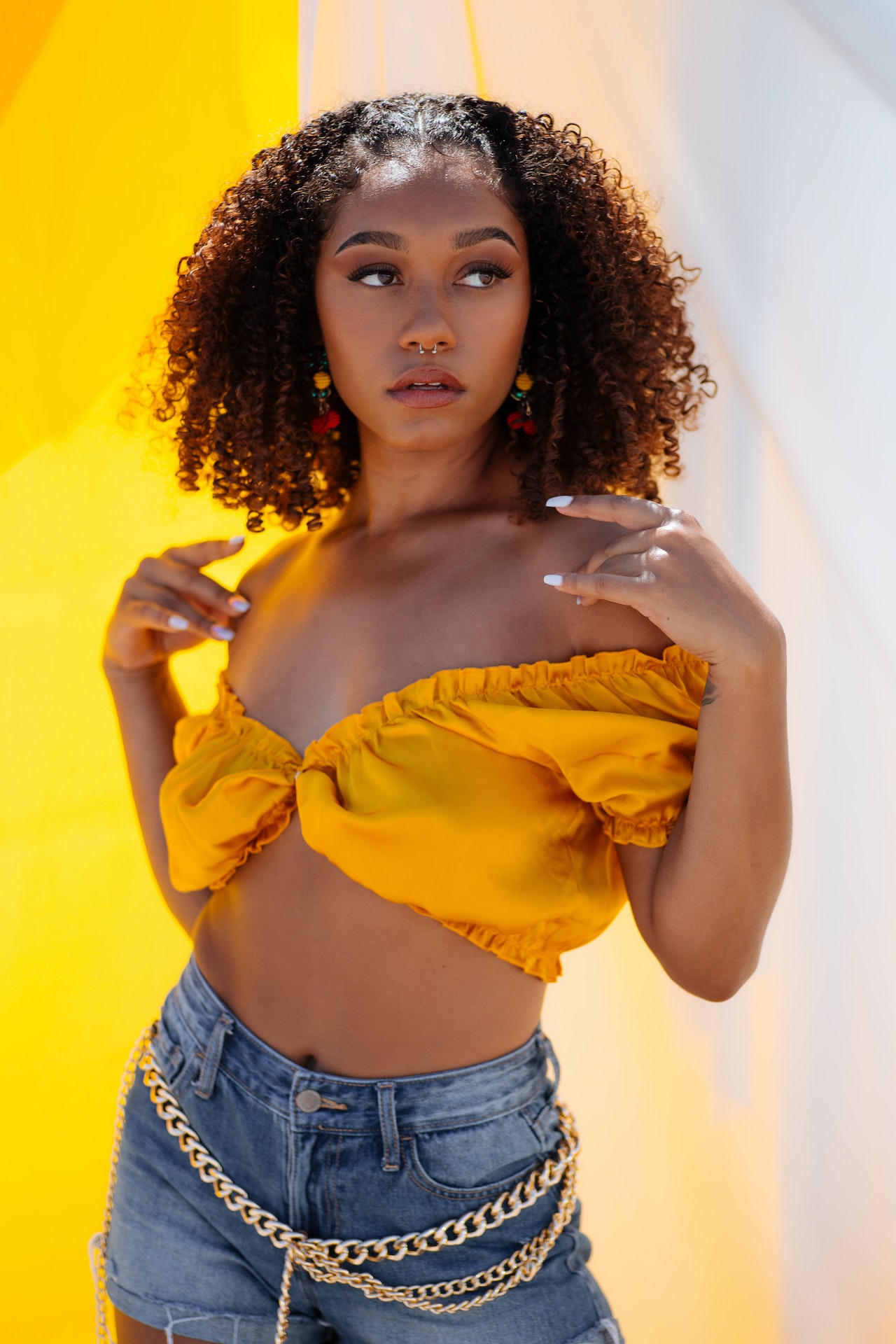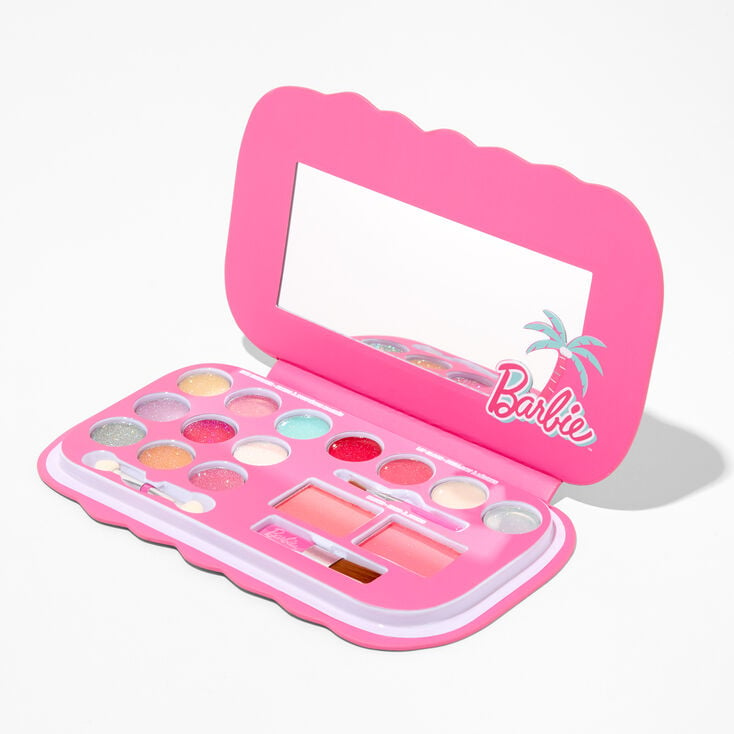
Exploring the Enduring Allure of 90s Attire
Nostalgia in Fashion
Nostalgia has a powerful grip on our collective consciousness, especially when it comes to fashion. The 90s, in particular, hold a special place in the hearts of many, with its iconic styles and cultural moments. From the grunge aesthetic to the rise of hip-hop fashion, the 90s was a decade of sartorial diversity and experimentation that continues to inspire and influence us today.
Iconic Trends and Staples
One of the most enduring aspects of 90s fashion is its array of iconic trends and wardrobe staples. Think slip dresses, baggy jeans, crop tops, and overalls – these pieces defined the era and have since been reimagined and reinterpreted by contemporary designers and fashion enthusiasts alike. The 90s also saw the emergence of streetwear brands like Tommy Hilfiger, FUBU, and Champion, which brought urban style to the forefront of mainstream fashion.
Reviving Retro Vibes
In recent years, there has been a noticeable resurgence of interest in 90s fashion, with celebrities, influencers, and designers alike embracing retro vibes and incorporating vintage elements into their looks. From chunky sneakers and neon colors to plaid skirts and windbreakers, the aesthetics of the 90s have once again become ubiquitous on runways, red carpets, and social media feeds, proving that everything old is indeed new again.
Influence on Contemporary Style
The enduring influence of 90s fashion extends far beyond mere nostalgia – it has fundamentally shaped the way we dress today. The minimalist aesthetic popularized by designers like Calvin Klein and Helmut Lang in the 90s continues to inform contemporary style, with its emphasis on clean lines, neutral colors, and understated elegance. Similarly, the fusion of high fashion and streetwear, a hallmark of 90s style, remains a dominant force in the fashion landscape, blurring the lines between luxury and casual attire.
Reimagining Retro Looks
While the resurgence of 90s fashion may evoke feelings of nostalgia, it is by no means a carbon copy of the past. Instead, contemporary interpretations of retro looks often feature modern twists and updates, reflecting the evolving tastes and sensibilities of today’s fashion-forward individuals. Designers and brands are constantly reimagining and reinventing classic 90s silhouettes and motifs, infusing them with fresh perspectives and innovative design elements.
Celebrating Diversity and Individuality
One of the defining characteristics of 90s fashion was its celebration of diversity and individuality. From the rise of supermodels like Naomi Campbell and Cindy Crawford to the emergence of alternative subcultures like grunge and rave, the 90s was a time of sartorial freedom and self-expression. This spirit of inclusivity and creativity continues to resonate with contemporary fashion enthusiasts, who embrace 90s style as a means of asserting their unique identities and personal tastes.
Embracing Sustainability
In addition to its cultural significance and aesthetic appeal, 90s fashion is also being embraced for its sustainability credentials. As the fashion industry grapples with the environmental and ethical implications of fast fashion, many consumers are turning to vintage and secondhand clothing as a more eco-friendly alternative. By repurposing and reusing garments from the past, individuals can reduce their carbon footprint and contribute to a more sustainable fashion ecosystem.
The Timelessness of 90s Style
Ultimately, what makes 90s fashion so enduringly appealing is its timelessness. Whether it’s the effortless cool of a slip dress or the urban edge of a pair of baggy jeans, the styles of the 90s possess a timeless quality that transcends trends and fads. In a world that is constantly changing, there is something comforting and reassuring about the familiarity of 90s fashion, reminding us of a simpler time when the only thing that mattered was expressing ourselves through our clothes. Read more about 90s attire







:upscale()/2021/10/27/785/n/1922564/f461b7b7617991627de692.34615002_.jpg)